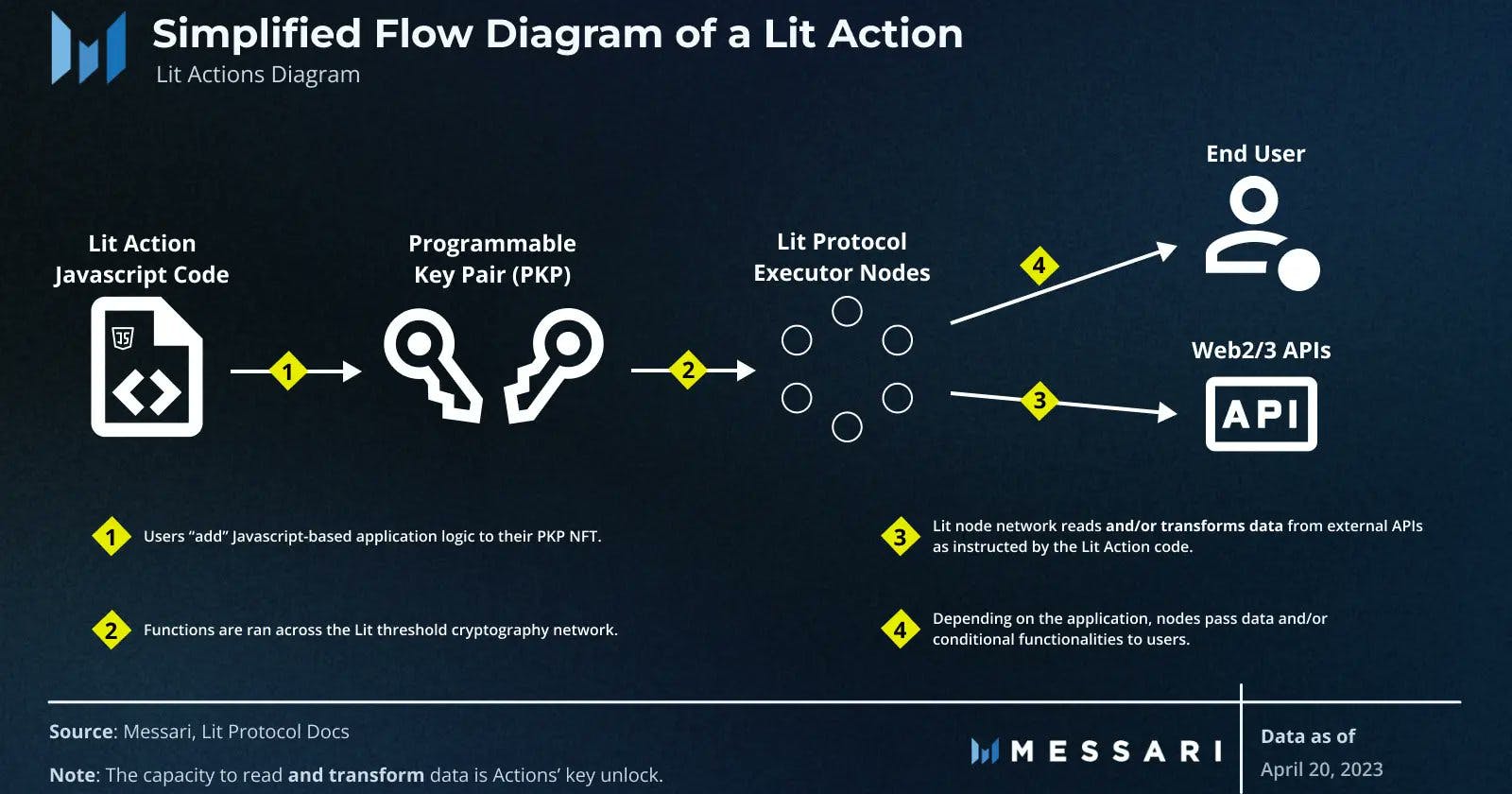Table of contents
Step By Step Guide To PKP(s)
First We Will Start By A Little Introduction About PKP(s):
In the realm of decentralized applications and blockchain technology, security and flexibility are vital considerations. That's where Programmable Key Pairs (PKPs) come into play. In this article, we'll delve into the world of PKPs, explore how they work, and the various use cases they support, and provide a beginner's guide to help developers dive into this innovative tool.
Understanding About PKP(s) :
PKPs are a fascinating concept that combines the robust security of public-key cryptography with the versatility of smart contracts. In traditional public-key cryptography, you generate a pair of keys: a public key to share openly and a private key to keep securely. PKPs take this concept further by adding programmability to the key pairs.
How PKP(s) Work:
PKPs leverage smart contracts, which are self-executing contracts with predefined rules, to manage and control cryptographic keys. These contracts reside on blockchain networks and determine how the key pairs function. By programming specific conditions and behaviors, developers gain the power to manage keys dynamically.
One key feature of PKPs is the ability to update or replace keys based on predefined rules. This flexibility allows developers to manage key rotation, implement multi-signature schemes for enhanced security, and enforce access controls based on specific conditions. By integrating PKPs into their applications, developers can bolster security while maintaining control over critical operations.
Use Cases for PKP(s):
Identity Management: PKPs enable decentralized identity solutions, empowering individuals to control their cryptographic keys. This approach enhances privacy and security by removing the reliance on centralized identity management systems.
Access Control: PKPs provide fine-grained access control mechanisms through smart contracts. Developers can define rules based on time, location, user behavior, and more, ensuring that only authorized individuals can access specific resources or perform certain actions.
Secure Transactions: PKPs play a crucial role in securing financial transactions within decentralized finance (DeFi) applications. By implementing multi-signature schemes, PKPs ensure that multiple parties must approve a transaction, mitigating the risk of unauthorized or fraudulent transfers.
Secure Communication: PKPs can be utilized for secure messaging and communication systems. By encrypting messages with public keys, only the intended recipients, who possess the corresponding private keys, can decrypt and access the content.
Quick Start Guide for Developers: To begin your journey with PKPs, follow these steps:
Get Familiar with Smart Contracts: Gain a solid understanding of smart contracts as PKPs rely on their execution. Refer to the developer documentation available at [Developer Docs Link] for detailed information.
Explore PKP Functionality: Visit the PKP introductory guide at [PKP Intro Link] to discover the capabilities and benefits of PKPs.
Set up Your Development Environment: Install the necessary tools and libraries required for PKP development. The developer documentation provides clear guidelines and instructions to make the setup process seamless.
Dive into Sample Code: Explore the provided code examples and walkthroughs to gain hands-on experience with PKPs. These code snippets demonstrate key functionalities and can serve as a starting point for building your own applications.
Join the Developer Community: Engage with the vibrant developer community by participating in forums, discussion groups, and social media channels. This allows you to seek guidance, share experiences, and collaborate with fellow developers on PKP-related projects.
Conclusion:
Programmable Key Pairs (PKPs) empower developers to strengthen security and flexibility in decentralized applications. By incorporating the best of public-key cryptography and smart contracts, PKPs enable dynamic key management, access control, and secure transactions. With their wide range of use cases, PKPs present a compelling opportunity for developers to enhance their applications and embrace the potential of blockchain technology.
